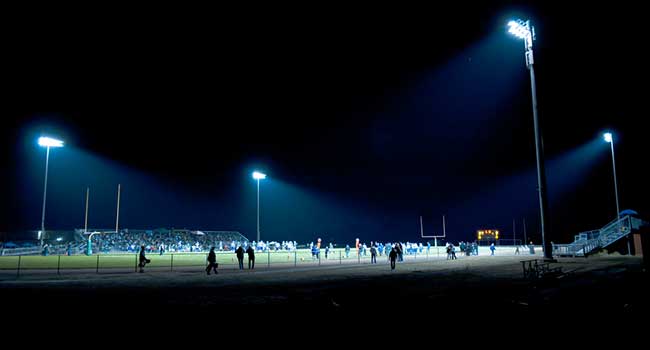
Campuses Across the Country are Beefing Up Football Game Security
Football games could be a potential soft target for an active assailant.
- By Sydny Shepard
- August 23, 2018
With the back-to-school season comes the return of high school football. These sporting events vary in sizes across the county, but are all equally important due to their potential to be soft targets, or a place that is relatively vulnerable to attack.
Due to recent violence on campuses, schools have begun to enhance their security measures inside and outside the school building. Many districts are expanding their security measures to sporting events, pep rallies and extracurricular academic events.
For example, Sarasota, Fla. has employed a retired NYPD terrorism unit officer to help create security plans around large events, including football games.
"We were tasked with planning all of the details, parades, presidential visits. We got to plan the Papal visit," Officer Michael Halpin told a local news station about his old job. "[High school football games] are a little smaller, but just as important, if not more important."
Halpin has created operation plans for each of the football games. Included in the operation plans are plans for injury, who is guarding the cash booth, how people are scanned on their way in and what to do in the event of an emergency.
At least two officers will be at every game along with officers from the local municipalities as they partner to tackle security.
"We have remote view cameras on poles that we trailer out to events and they will be strategically placed," Sarasota Schools Police Chief Paul Grohowski said. "At our Operations Command Center, we will have extra people to monitor, not just the fixed cameras on the facilities, but also to watch the temporary cameras to see what's going on in the parking lots."
Other schools around the country are starting football games earlier, adding metal detectors to entrances and banning bags from the event area to boost the security of the games.
About the Author
Sydny Shepard is the Executive Editor of Campus Security & Life Safety.